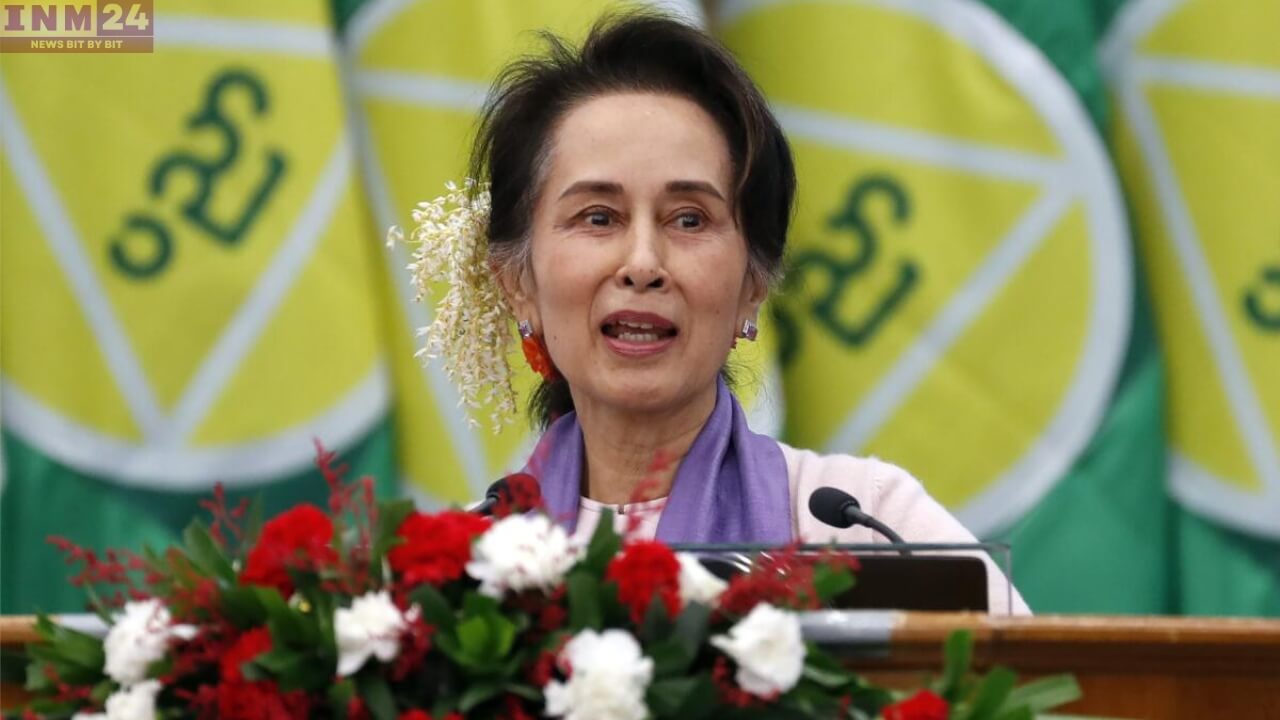Amidst the scorching heatwave gripping Myanmar, Aung San Suu Kyi, the country’s leader, has been moved to house arrest. This development comes as authorities take precautions to ensure her well-being during the extreme weather conditions.
Suu Kyi’s House Arrest: Myanmar’s Political Icon Faces Heatwave Safety Concerns
Suu Kyi, a prominent figure in Myanmar’s political landscape, has faced a tumultuous journey marked by periods of detention and political turmoil. Her latest relocation to house arrest is a measure taken by authorities to protect her health and safety amidst the oppressive heatwave.
The decision to transfer Suu Kyi to house arrest underscores the challenges posed by the current weather conditions, which can have adverse effects on individuals, especially those confined to limited spaces. With temperatures soaring and the risk of heat-related illnesses increasing, authorities deemed it necessary to move Suu Kyi to a more controlled environment.
House arrest provides a level of protection from the extreme heat while allowing Suu Kyi to remain under surveillance, ensuring her continued presence within the confines of the law. This move reflects the government’s responsibility to safeguard the well-being of its citizens, regardless of their political status.
Concern Grows for Suu Kyi Amid Ongoing Political Uncertainty and Heatwave
Suu Kyi’s supporters and international observers closely monitor her situation, hoping for a swift resolution to the broader political issues facing Myanmar. As discussions surrounding her detention persist, her health and safety remain paramount, especially in the face of challenging environmental conditions like the ongoing heatwave.
While Suu Kyi’s relocation to house arrest may alleviate immediate concerns regarding her exposure to extreme heat, it also serves as a reminder of the complex political landscape in Myanmar and the ongoing struggle for democracy and human rights within the country.
